
Michael Hochman
Director, Gehr Family Center for Implementation Science

Director, Gehr Family Center for Implementation Science
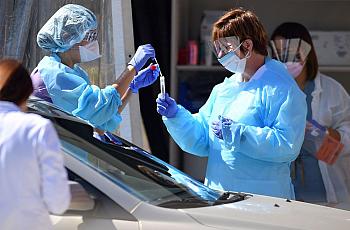
Why getting COVID-19 testing if you only have mild symptoms or are simply worried could actually be more harmful than helpful.

The best approach may ultimately be somewhere between the extremes of zero restrictions and a near-total shutdown of society.
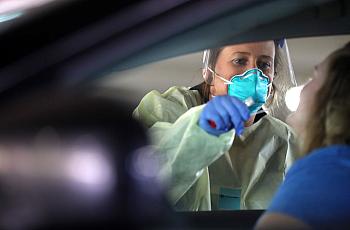
This online self-assessment tool offers a useful starting point.
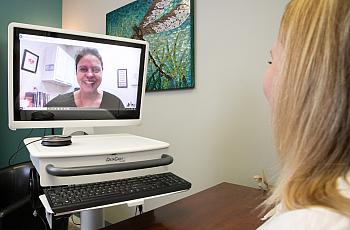
The outbreak represents a potential sea change in how health systems use telemedicine.

Esperamos que esta sencilla herramienta de autoevaluación, consejos y recomendaciones generales le ayuden a disminuir la ansiedad y le permitan cuidar de sí mismo y de sus seres queridos de la mejor manera posible sin que ellos ni usted corran riesgos innecesarios.
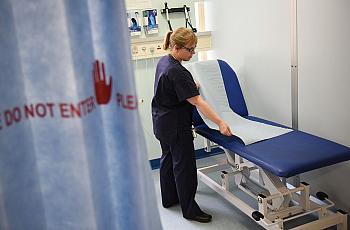
A rigorous new study finds the "hotspotting" approach to health care super-users doesn't work as well as hoped. It's another case of hype outpacing the evidence.
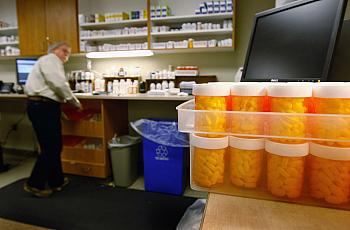
Those of us who think that generic drugs are interchangeable with brand-name medications because the FDA requires them to be are in for an unpleasant surprise.

Why employers should stop wasting precious resources on ineffective health screenings and employee lifestyle programs.

A yearlong effort to obtain basic Medicaid provider data in L.A. was rebuffed. Some health care leaders shut their doors gently. Others slammed them shut.
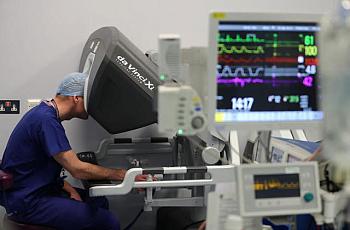
Victoria Sweet’s new book offers a personal take on where modern medicine went wrong, and suggests that corporate restraints stand in the way of a more thoughtful approach to care.